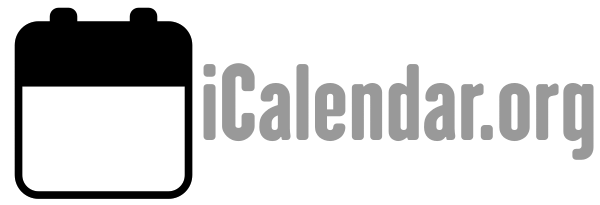A CalDAV server is a calendaring-aware engine combined with a WebDAV repository. A WebDAV repository is a set of WebDAV collections, containing other WebDAV resources, within a unified URL namespace. For example, the repository "http://www.example.com/webdav/" may contain WebDAV collections and resources, all of which have URLs beginning with "http://www.example.com/webdav/". Note that the root URL, "http://www.example.com/", may not itself be a WebDAV repository (for example, if the WebDAV support is implemented through a servlet or other Web server extension).
A WebDAV repository MAY include calendar data in some parts of its URL namespace, and non-calendaring data in other parts.
A WebDAV repository can advertise itself as a CalDAV server if it supports the functionality defined in this specification at any point within the root of the repository. That might mean that calendaring data is spread throughout the repository and mixed with non-calendar data in nearby collections (e.g., calendar data may be found in /home/lisa/calendars/ as well as in /home/bernard/calendars/, and non-calendar data in /home/lisa/contacts/). Or, it might mean that calendar data can be found only in certain sections of the repository (e.g., /calendar/). Calendaring features are only required in the repository sections that are or contain calendar object resources. Therefore, a repository confining calendar data to the /calendar/ collection would only need to support the CalDAV required features within that collection.
The CalDAV server or repository is the canonical location for calendar data and state information. Clients may submit requests to change data or download data. Clients may store calendar objects offline and attempt to synchronize at a later time. However, clients MUST be prepared for calendar data on the server to change between the time of last synchronization and when attempting an update, as calendar collections may be shared and accessible via multiple clients. Entity tags and other features make this possible.
